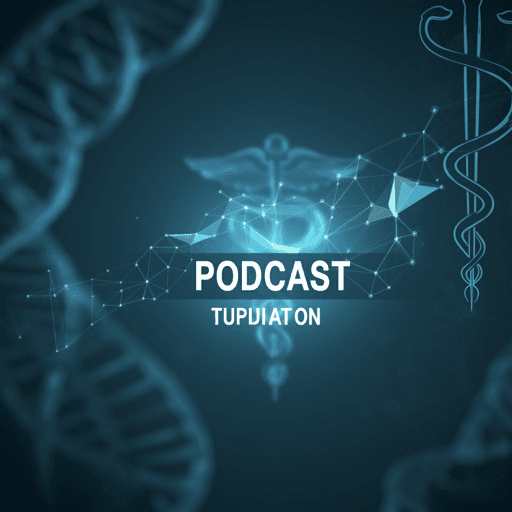
Education
How Does ChatGPT Perform on the United States Medical Licensing Examination? The Implications of Large Language Models for Medical Education and Knowledge Assessment
A. Gilson, C. W. Safranek, et al.
Discover how ChatGPT, a cutting-edge natural language processing model, tackled the challenges of the USMLE Step 1 and Step 2 exams with surprising accuracy. This groundbreaking research, conducted by Aidan Gilson, Conrad W Safranek, Thomas Huang, Vimig Socrates, Ling Chi, Richard Andrew Taylor, and David Chartash, highlights ChatGPT's potential as a valuable tool in medical education, especially for simulating small group learning.
Related Publications
Explore these studies to deepen your understanding of the subject.







